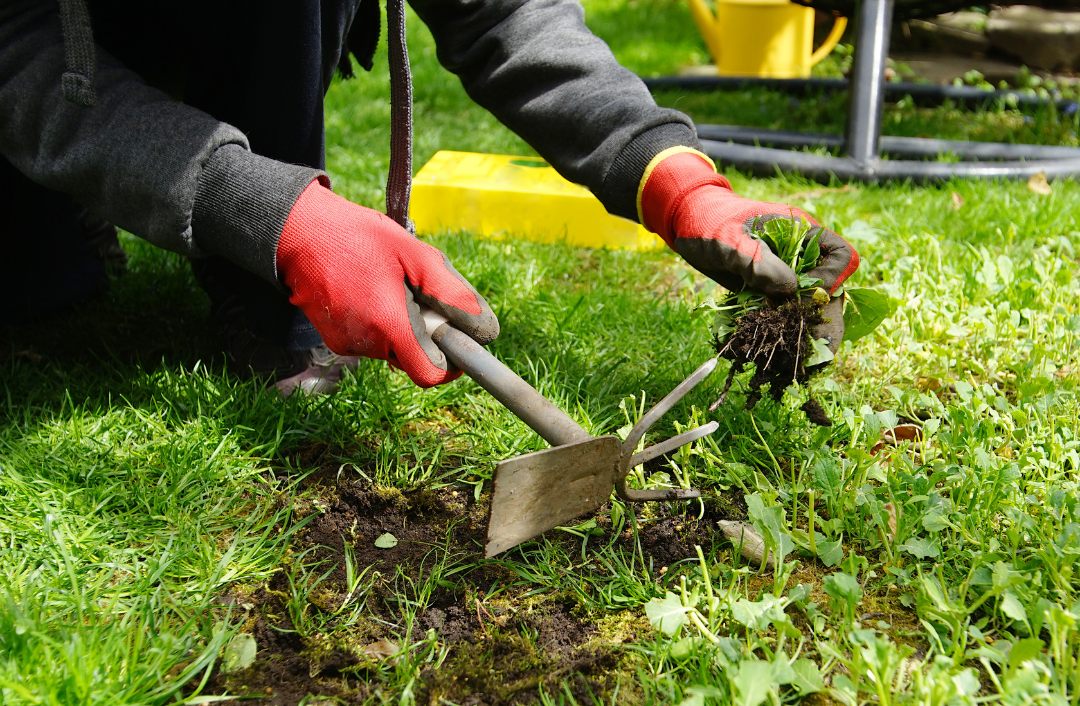Spring Gardening Tips for Newfoundland Weather
Posted by Infinity Admin on

Prepare the soil
Before planting, make sure the soil is in good condition by removing any debris and adding compost or manure to improve soil fertility. Get a soil test to determine the pH level, nutrient content, and texture. Mix in compost, aged manure, or other organic matter into the soil to improve its fertility. Use a garden fork or tiller to loosen the soil to a depth of about 12 inches and smooth out the soil surface and remove any high or low spots.
Know your hardiness zone
A hardiness zone is a geographic area defined as having a certain average annual minimum temperature, a factor relevant to the survival of many plants. In Newfoundland, the hardiness zone ranges from 4a to 5b, so make sure you choose plants that are suitable for…
557 Views, 0 Comments

.png)

